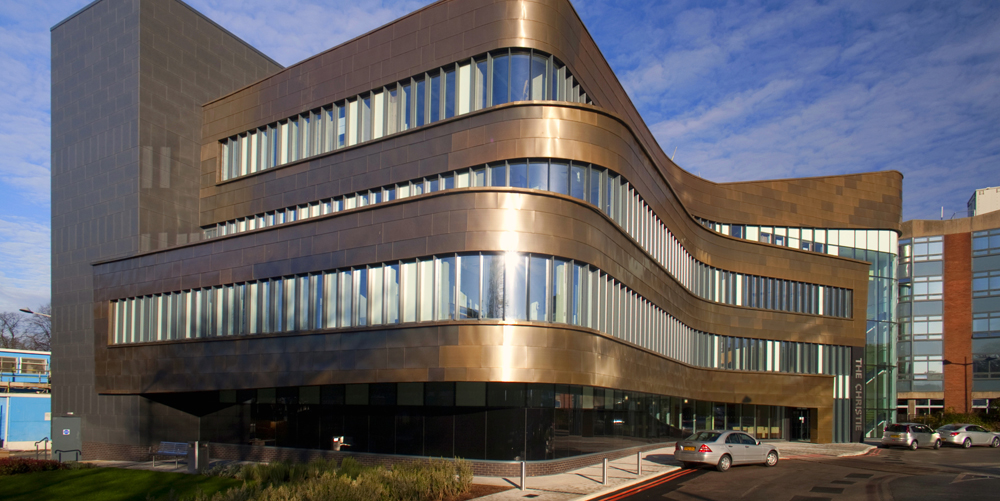Health localism: what the English public thinks
Greater Manchester's experiment in NHS devolution turns one today, but do poeple in the rest of England want to follow? Andrew Harrop, Tobias Phibbs and Tara Paterson outline the findings of a national opinion poll for the Fabian Society NHS devolution...
Greater Manchester’s experiment in NHS devolution turns one today, but do poeple in the rest of England want to follow? Andrew Harrop, Tobias Phibbs and Tara Paterson outline the findings of a national opinion poll for the Fabian Society
NHS devolution in Greater Manchester is one year old today. Cities including London and Birmingham are queuing up to follow. But so far there has been almost no public debate on the merits of decentralising healthcare. So how does the public in England react to the idea?
A Fabian Society opinion poll examined different dimensions of this question and revealed that handing power to local decision-makers could attract support, under the right conditions. YouGov surveyed a sample of 1,405 adults living in England, with fieldwork undertaken between 13 and 14 October 2016 (the survey was carried out online and the figures have been weighted and are representative of all GB adults). There are five key findings.
1. There is significant support for the principle of local leadership of the NHS
46 per cent of people think services would be better if healthcare was managed locally, compared to only 18 per cent who think that healthcare is best when controlled nationally. When asked who should have most say in decisions about local healthcare, only 12 per cent said national government (respondents could name 1 or 2 groups).
2. But this support for local leadership is entirely conditional on devolution happening in a way that avoids ’postcode lotteries’
Four times as many people agreed with a statement supporting uniformity ‘so nobody loses out’ (71 per cent), over an alternative statement supporting diversity of provision in response to local needs (17 per cent). Some of the demographic groups that are most likely to believe that local management can make health services better are also the most resistant to postcode lotteries – ie women, older respondents, working-class respondents and people who voted ‘leave’ in the EU referendum.
3. Support for the idea that health localism could improve services is explained by a strong commitment to clinical leadership and some support for local residents having more power
When asked who should have the most say in decisions about local healthcare, clinicians were by far the most popular group (named by 65 per cent). Local residents were the second most popular group (named by 24 per cent) and were particularly popular with older voters, working class respondents and ‘leave’ voters.
People in these groups were also likely to agree with a statement suggesting that local residents should have more say over healthcare, compared to an alternative which stated that healthcare decisions should be left to experts. Among the whole population, slightly more people supported decision making by experts (38 per cent) than giving residents more of a say (34 per cent).
4. Support for more resident influence does not equate to support for more power for democratically elected councils – but there is a degree of support for integrating health and local government services
Only 9 per cent of people believed that councils and councillors should have the most say on local healthcare (when asked to name one or two groups). But there is a degree of support for integrating healthcare and council-run care services, which implies council involvement in healthcare decisions and is one of the main reasons for pursuing NHS devolution. Exactly the same numbers support and oppose statements on the idea of a single organisation running both health and social care (39 per cent each). The demographic groups most likely to support integration are people aged 50–65 (who may be concerned about their parent’s health and care needs) and people who voted ‘remain’ in the EU referendum.
5. When asked about the ways in which respondents would personally participate in local healthcare, low-effort and personallyrelevant options were most popular
(1) Personal choice: 60 per cent would be interested in choosing between alternative services; and 30 per cent would like to decide on their own treatment or support. (2) Giving back, as an individual: 47 per cent would be interested in providing feedback on their care, and 29 per cent would consider taking part in medical research. (3) Collective action: 17 per cent would be interested in attending meetings to discuss services, and 8 per cent would help run a local group of people with their health problem.
Conclusion
Overall, the survey shows there is the potential for healthcare devolution to attract the support of the English public, since there is strong support for the statement: ‘if healthcare was managed locally, services in my community would be better’. However that support is likely to be conditional on the NHS being able to demonstrate that post-code lotteries can be avoided and that clinicians will shape decisions. Support for devolution could also run up against barriers with respect to civic participation, as there is little public appetite for becoming personally involved in shaping decisions and little support for elected councillors or councils playing a greater party.









